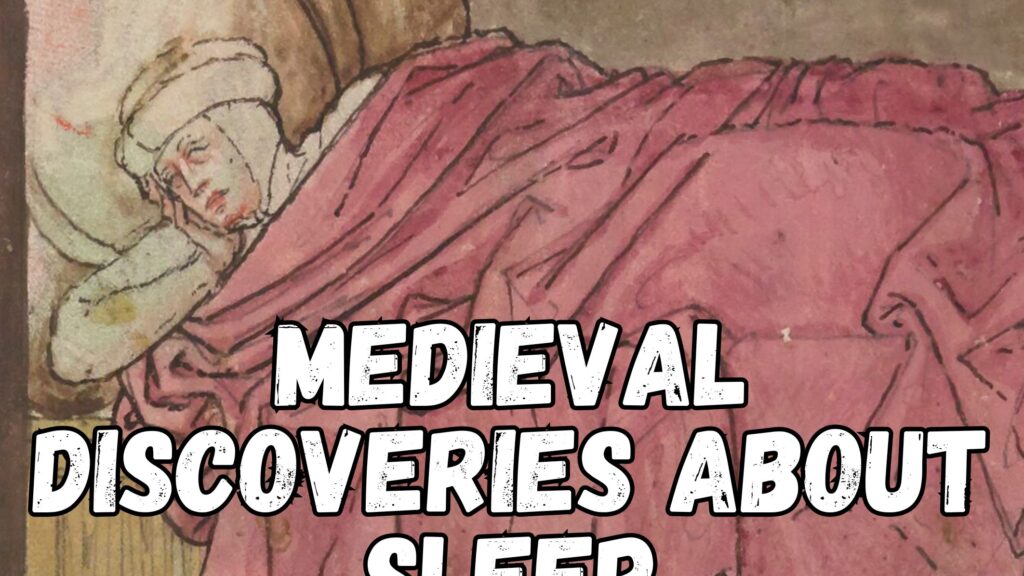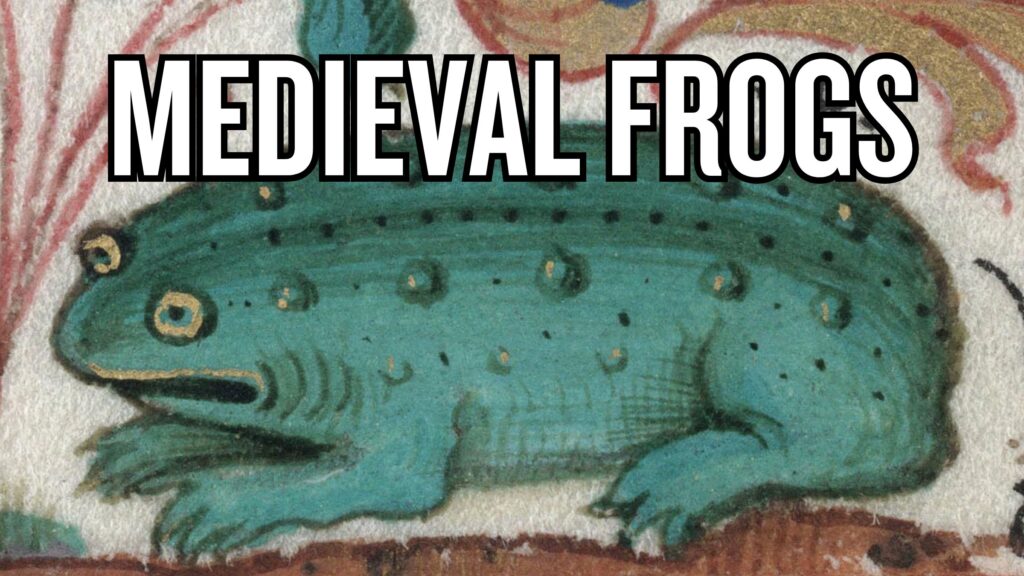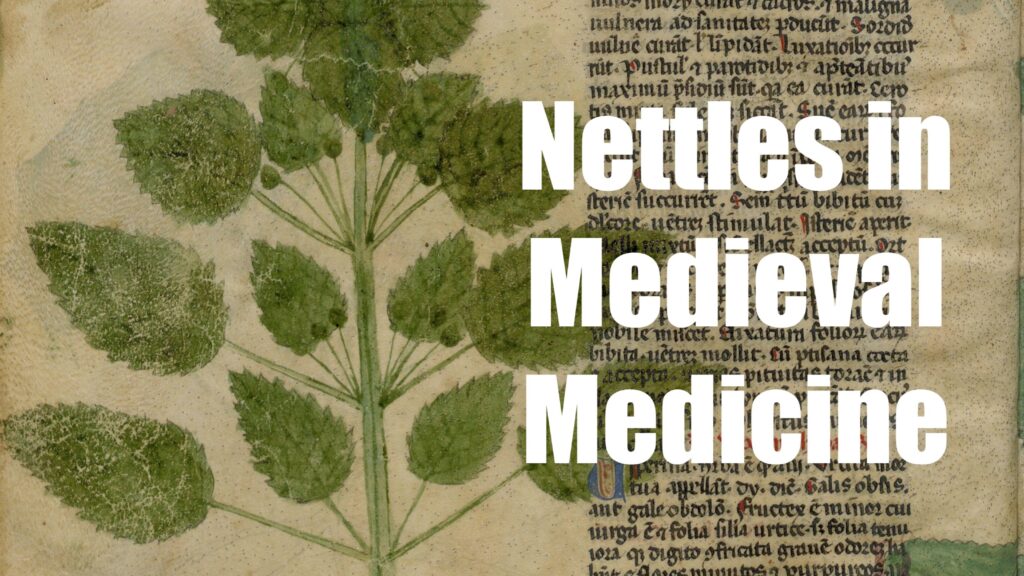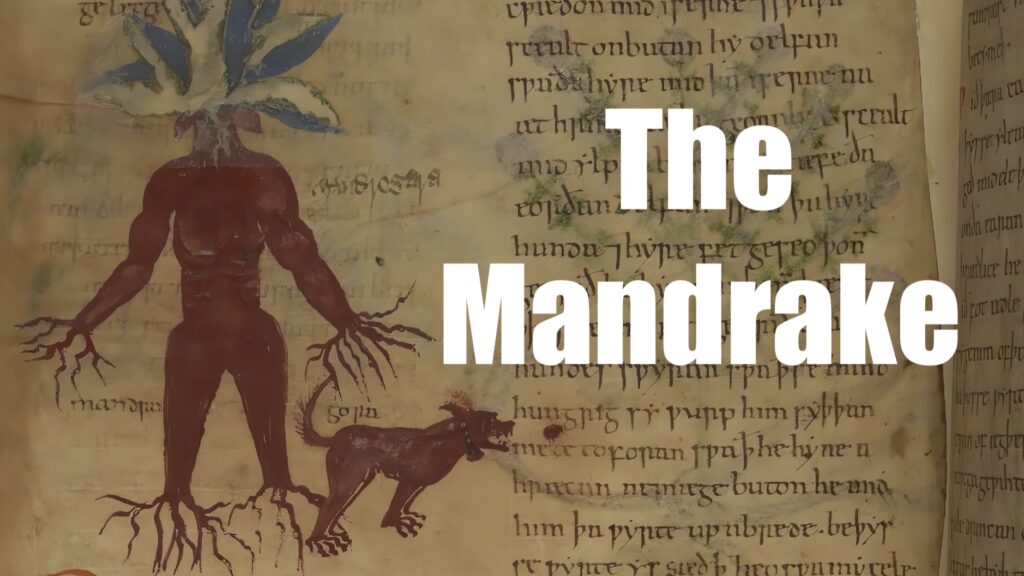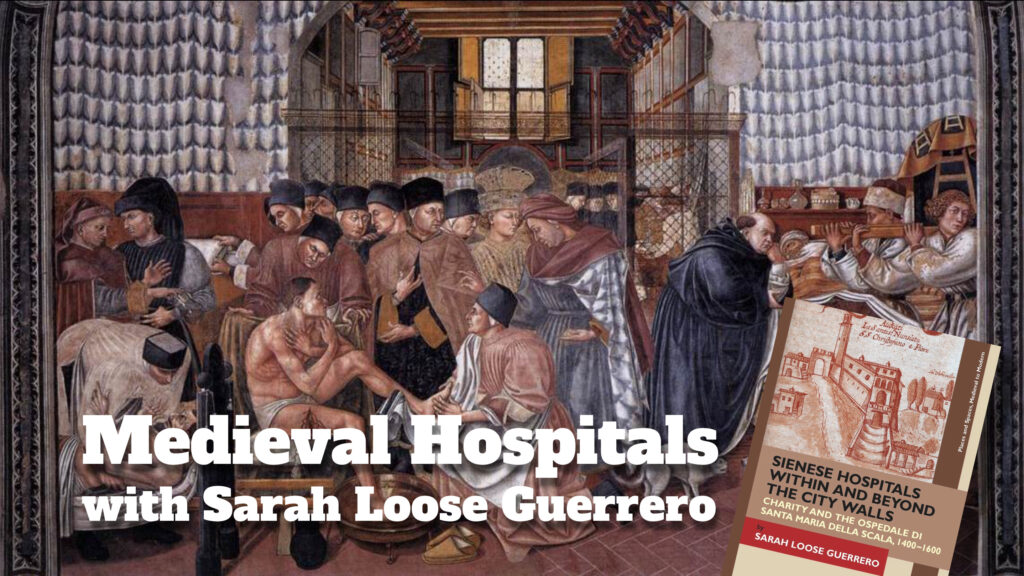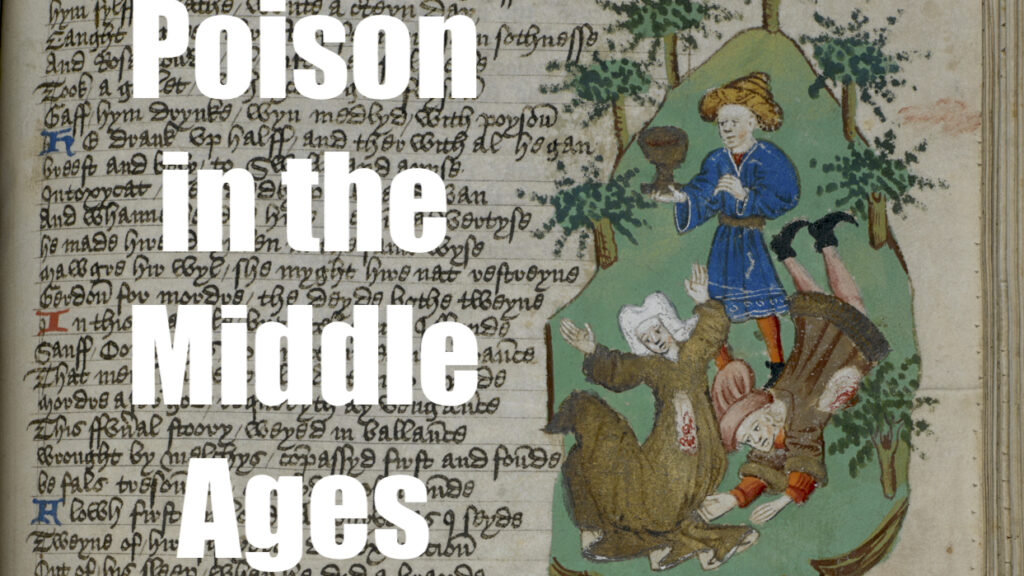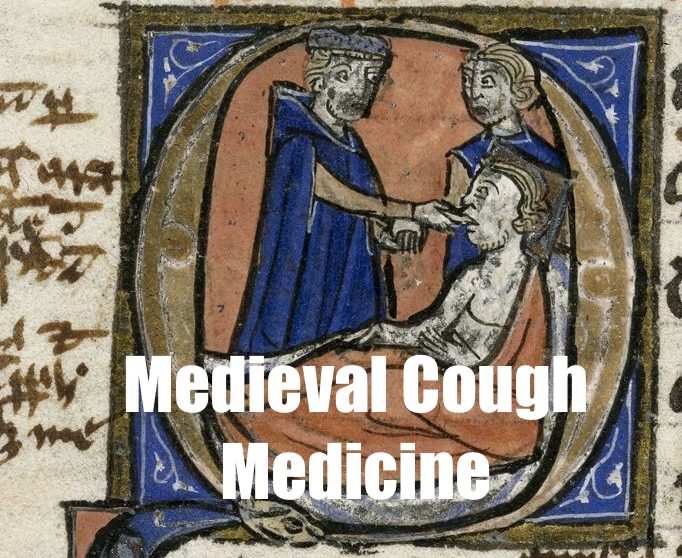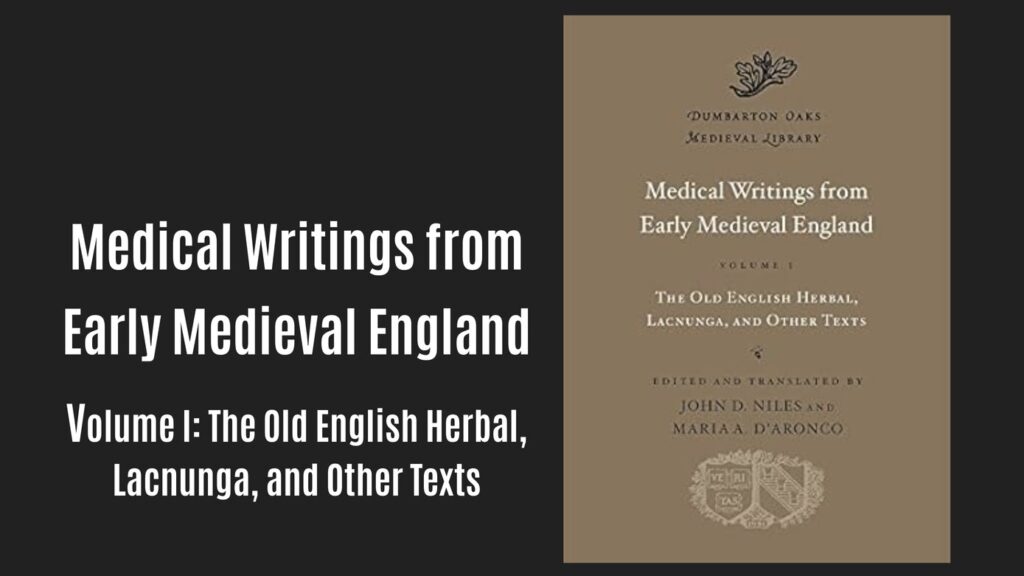Ten Medieval Discoveries That Shaped How We Understand Sleep
Medieval physicians made striking discoveries about sleep—describing sleep paralysis, sleep hygiene, and even sleep apnoea centuries before modern sleep medicine.
Six Medieval Rules for Healthy Living
A medieval medical guide reduced healthy living to six simple rules. Explore The Theatre of Health and how its advice on diet, activity, and balance still resonates today.
The Medieval Frog: From Healing Charm to Cautionary Tale
In medieval Europe, frogs were both feared and useful — condemned as unclean yet valued in medical recipes and moral tales. A new study explores how this unlikely creature moved from the healer’s toolkit to the storyteller’s page, revealing the many roles of the medieval frog.
Medieval Healers Used Nettles to Treat Wounds, Not Just to Sting, Study Finds
Medieval healers saw nettles as more than a painful weed. New research uncovers how they used the stinging plant in remedies for wounds, infections, and more.
How to Harvest a Mandrake: Medieval Medicine and Magic in the Old English Herbarium
Discover the medieval cure-all known as the mandrake—and why you needed a hungry dog to pull it from the ground, according to a 10th-century medical text.
Medieval Hospitals with Sarah Loose Guerrero
This week on The Medieval Podcast, Danièle speaks with Sarah Loose Guerrero about what to expect at a medieval hospital, how institutions like the Ospedale di Santa Maria della Scala supported citizens from infancy to adulthood, and what hospital support looked like for both urban and rural communities.
Poison in the Middle Ages: Medicine, Murder, and Myth
Discover how poison influenced medieval medicine, power struggles, and storytelling. From royal intrigue to early toxicology, learn how this dangerous substance shaped the Middle Ages.
Viking-Age Skulls Reveal Widespread Disease and Infections
New research using CT scans of Viking-Age skulls has revealed evidence of severe infections, osteoarthritis, and dental diseases that plagued Sweden’s medieval population. The study offers a glimpse into the hardships of Viking life, where untreated illnesses could linger for years.
Thomas Aquinas died from head trauma, study suggests
A recent study has revisited the mysterious death of Thomas Aquinas, one of the most influential theologians and philosophers of the Middle Ages
How Coughs Were Treated in the Middle Ages
Discover how medieval healers used liquorice, saffron, and other surprising ingredients to craft remedies for coughs over a thousand years ago.
New Medieval Books: Medical Writings from Early Medieval England
What was the state of medical knowledge in England in the Early Middle Ages? This book provides texts and translations of several works that delve into ailments and their treatments, showcasing a fascinating blend of medicinal practices, magical remedies, and religious beliefs.
Medieval London Skeletons Rewrite Health History
Studying medieval skeletons can help create specific health measures for different populations in the past, according to a recent study published in the journal Science Advances.
The First 3D Anatomy Models: Vesalius’ Paper Manikins Finally Reunited
For nearly 500 years, the groundbreaking work of 16th-century anatomist Andreas Vesalius has shaped medical education, but one of his most innovative tools—anatomical “manikins” designed to teach 3D anatomy—has largely remained in the shadows. Now, for the first time, these intricate paper models have been brought together by American researchers, offering a fresh look at how Vesalius revolutionised the study of the human body.
Ibn Sina and Biruni with S. Frederick Starr – The Medieval Podcast, Episode 266
Experimenting, translating, and philosophizing about physics and metaphysics, biology and geology, two great thinkers from Central Asia stand out both for their achievements, and their completely opposite points of view. This week on The Medieval Podcast, Danièle speaks with S. Frederick Starr about the work and the lives of Ibn Sina (aka Avicenna) and Biruni, their contributions to science and culture, and the reason they outright despised each other.
New Medieval Books: Ben Cao Gang Mu
This extensive collection, translated into English across nine large volumes, serves as a comprehensive encyclopedia of medical and pharmaceutical knowledge. Within its thousands of entries, readers can discover how plants and animals were utilized for medicinal purposes in pre-modern China.
Medieval Remedies for Modern Ailments: Can a 14th-Century Text Reshape Healthcare?
Amid growing health concerns over chronic conditions like diabetes and cardiovascular disease, modern researchers are increasingly looking to the past for innovative solutions. A new study examines what a 14th-century text reveals about ‘food as medicine’.
Medieval Medicine Exposed: A Doctor’s Critique
A medieval physician had a lot to say about his colleagues’ shortcomings.
A Medieval Solution to a Modern Problem: Hair Loss
Discover a fascinating medieval solution to a problem that still plagues many today: hair loss. Explore how the 12th-century abbess Hildegard of Bingen’s unique remedy could hold the key to unlocking a natural cure for baldness.
Medieval Forensics: 20 Key Observations by Song Ci
Explore the origins of forensic science through the groundbreaking work of Song Ci, a medieval physician and judge. His observations revolutionized the investigation of unusual deaths and laid the foundation for modern forensic techniques.
New Medieval Books: Drugs in the Medieval Mediterranean
A collection of fourteen essays that deal with pharmaceutical medicines in Arabic, Byzantine, European and Jewish cultures. It reveals a lot of cross-cultural connections when it came sharing cures.
The Mad Norse King
What happens when the mental health of a medieval King of Norway declines into madness? The story of Sigurðr the Crusader, who reigned for over 25 years, provides a fascinating account of mental illness from the 12th century.
Medieval Squirrels Linked to Spread of Leprosy in Humans
Squirrels in England carried leprosy bacteria as early as the Middle Ages. An international team of researchers has revealed a link between the pathogens found in the animals and people from a medieval leprosarium.
New Medieval Books: The Book of the Crown (Kitāb al-Iklīl) of Pseudo-Rhazes
The work offers a guide to a healthy life, offering advice on bathing, eating, sleeping and other day-to-day activities to help promote better living.
New Medieval Books: The Genius of Their Age
A double biography of two of the most important scholars from the Middle Ages. Working out of Central Asia in the 11th century, Ibn Sina and Biruni both made significant impacts on several scientific fields.
Getting High in the Middle Ages: Drug Use in Medieval Egypt
In recent years, a contentious debate has emerged regarding how society should address drugs such as marijuana. Should they be legalized and accepted? What are the harms or benefits associated with these drugs? Interestingly, similar questions were raised in medieval Egypt.
